
Republic of Kazakhstan
Email: ccasc@kimep.kz
This weekly section provides an overview of key political, economic, and social developments across the five Central Asian states. It highlights the region’s most relevant policy trends, international engagements, and sectoral updates in areas such as energy, digital development, environment, and finance. The section is compiled and edited by Maryam Agharabi, Coordinator of the China & Central Asia Studies Center. For enquiries, you may contact maryam.agharabi[a]kimep.kz.
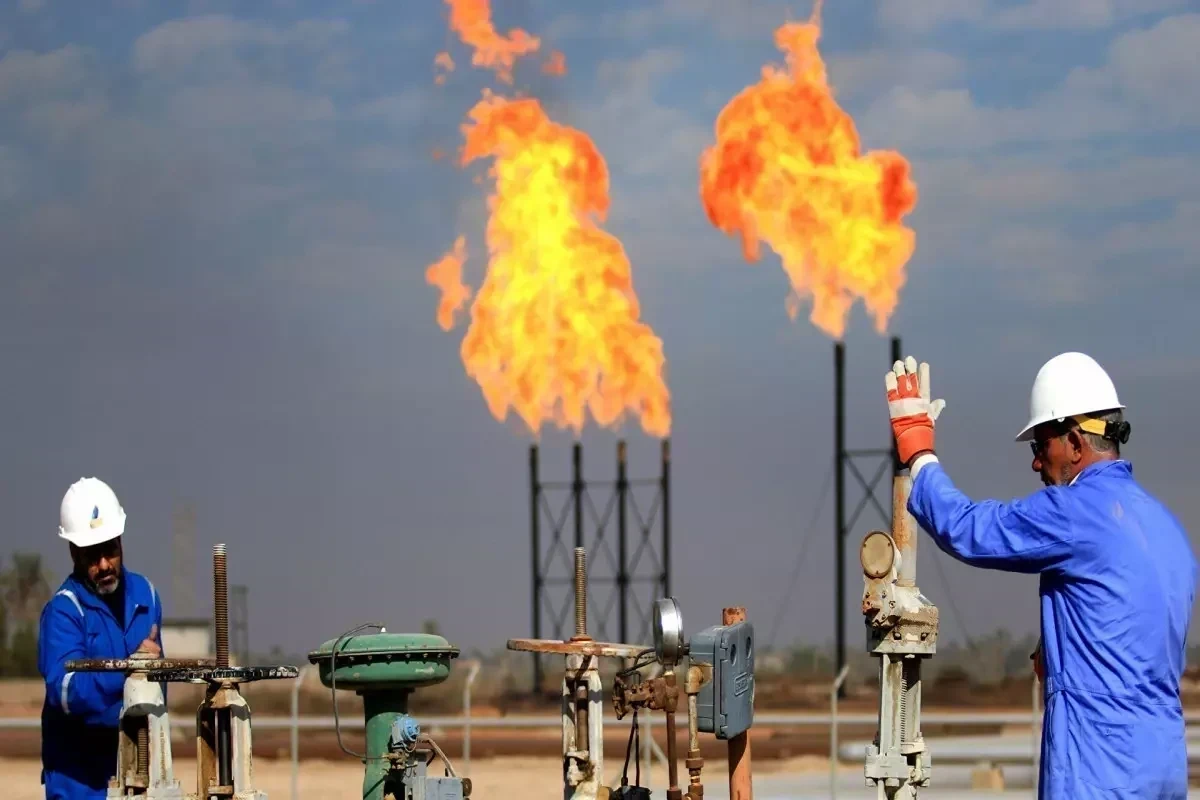
The third week of January 2026 marked the beginning of a "Technical Implementation" phase for the region’s primary strategic goals. In Kazakhstan, the legal landscape was fundamentally shifted by the signing of the first-ever Digital Code, establishing a systemic framework for digital human rights and governance. Simultaneously, the region’s chronic water and energy anxieties were addressed through a series of trilateral "Barter Protocols" between Kazakhstan, Uzbekistan, and Kyrgyzstan, designed to exchange winter electricity for summer irrigation water. While regional diplomacy progressed, security narratives were dominated by the release of the 2026 Global Firepower Index, which sparked debate by ranking Uzbekistan as the region’s premier military power.
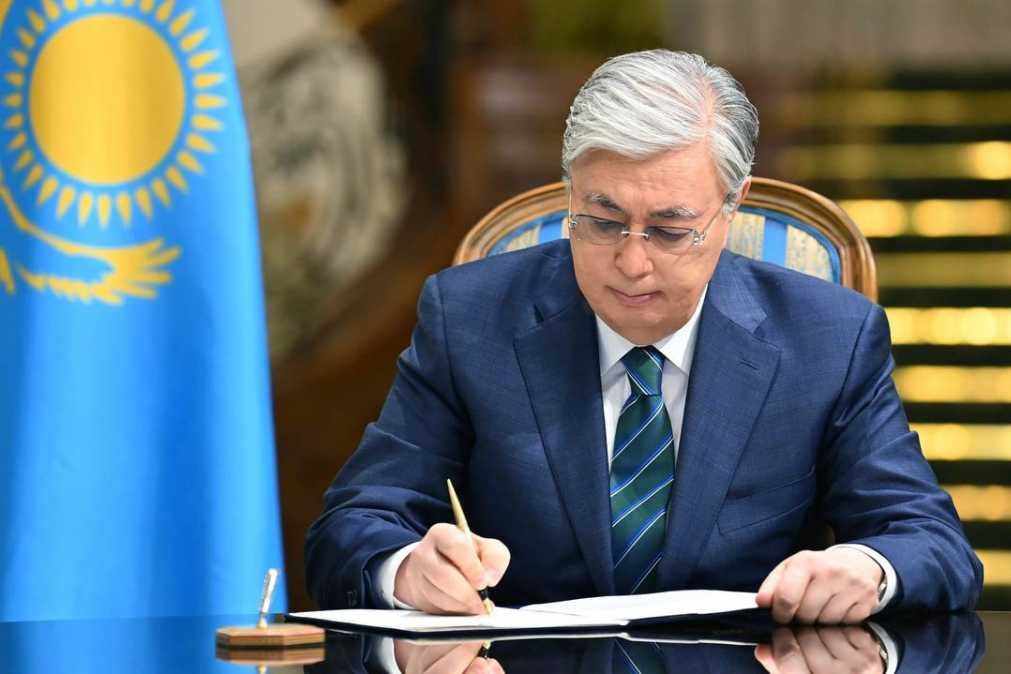
The second week of January 2026 was marked by a decisive shift from holiday-period directives to the formal codification of national security and economic transparency measures. In Kazakhstan, President Tokayev utilized the early days of the year to enact a massive legislative overhaul via the "Digital Code," while simultaneously addressing systemic failures within the military following a series of high-profile tragedies. Regionally, the narrative was dominated by an intensifying energy crisis; Uzbekistan issued urgent production mandates for natural gas to combat winter shortages, while Kyrgyzstan and Tajikistan faced critical infrastructure audits. Environmental concerns reached a peak as persistent thermal inversions in urban centers forced a re-evaluation of industrial emissions and cross-border water management strategies for the coming spring.
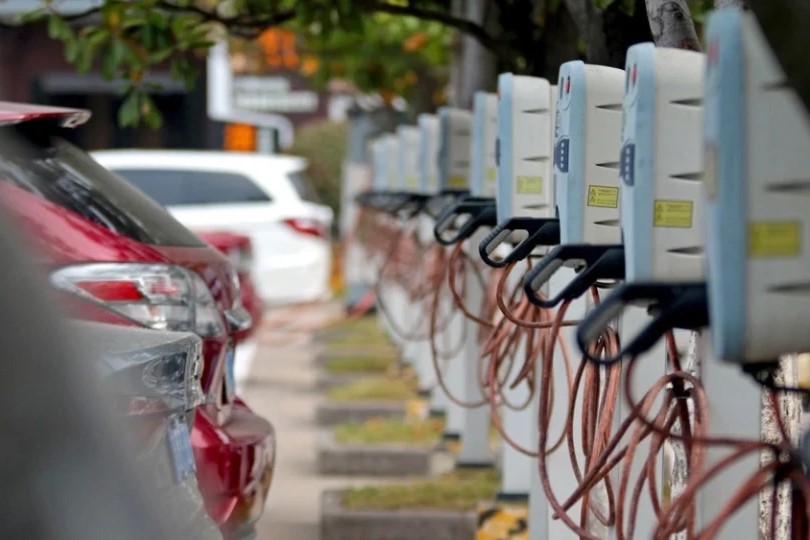
The first full week of 2026 in Central Asia was defined by a transition from holiday directives to the rigorous implementation of "green" economic policies and digital legislative overhauls. A primary narrative focus has been the synchronization of regional efforts to combat the dual challenges of systemic corruption and climate-induced environmental crises. In Kazakhstan, the signing of the landmark "Digital Code" signaled a move toward a more transparent, algorithmic governance model. Simultaneously, Uzbekistan and Kyrgyzstan have been forced to balance industrial growth with public health as severe smog events triggered emergency ecological protocols. The week's developments underscore a region-wide push to modernize institutional "software" while grappling with the deteriorating "hardware" of the natural environment
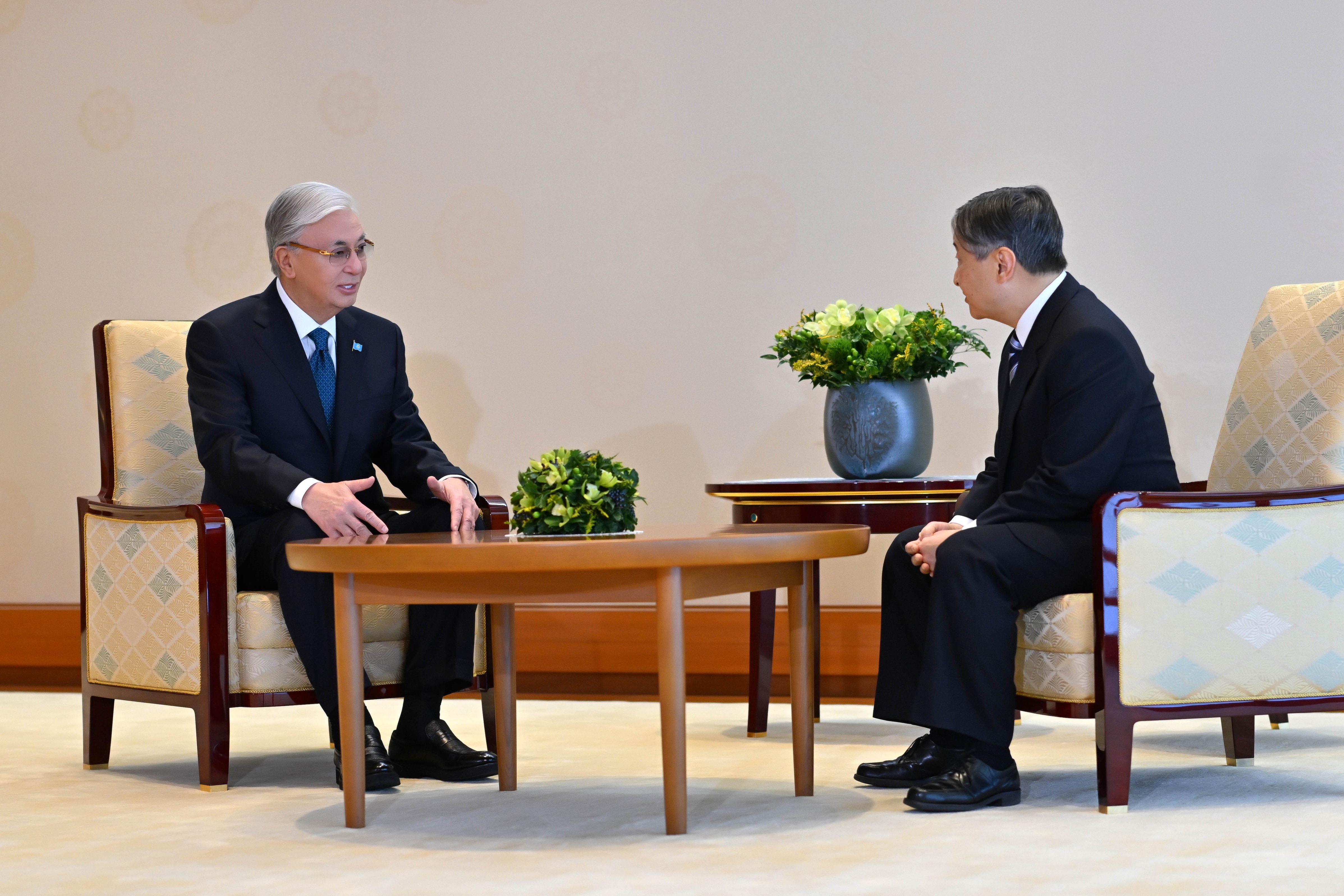
The penultimate week of 2025 was marked by a historic "Tokyo Pivot," as the leaders of all five Central Asian nations converged in Japan for the first-ever Central Asia + Japan Summit. This week represented a transition from purely regional diplomacy to a broader strategic partnership with Japan, focused on high-tech connectivity, green energy transition, and human capital. While the heads of state were in Tokyo, the domestic front saw the finalization of monumental infrastructure and border agreements. Notably, the China-Kyrgyzstan-Uzbekistan (CKU) railway project secured its primary financing, and the trilateral border junction between Kyrgyzstan, Tajikistan, and Uzbekistan was officially ratified. This period cemented the region's 2026 trajectory: a focus on "Green Resilience" and the hardening of legal and physical infrastructure.
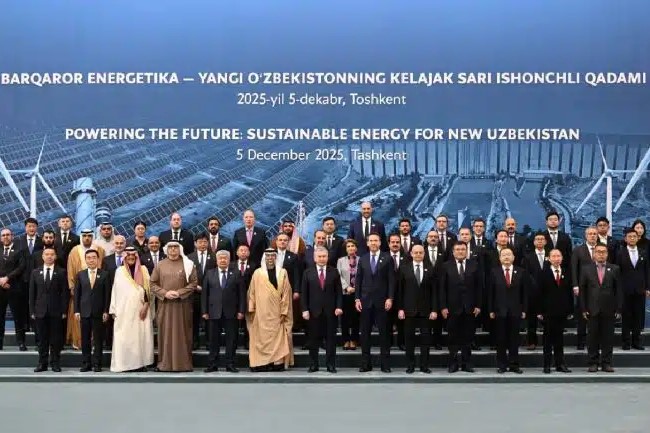
The first week of December 2025 served as a bridge between a record-breaking year of regional growth and a looming 2026 defined by austerity and energy constraints. While economic forecasts from the Eurasian Development Bank (EDB) projected a robust finish for the year—particularly for Kyrgyzstan and Tajikistan—the internal narrative in Uzbekistan and Kazakhstan shifted toward emergency readiness. In Tashkent, the government launched a massive infrastructure drive to prevent a winter grid collapse, while in Astana, the focus turned to a cooling business climate and the challenges of meeting OPEC+ oil quotas. This week confirmed that the "low-hanging fruit" of post-pandemic recovery has been picked, and the region is now entering a phase where structural resilience will be the only currency that matters.
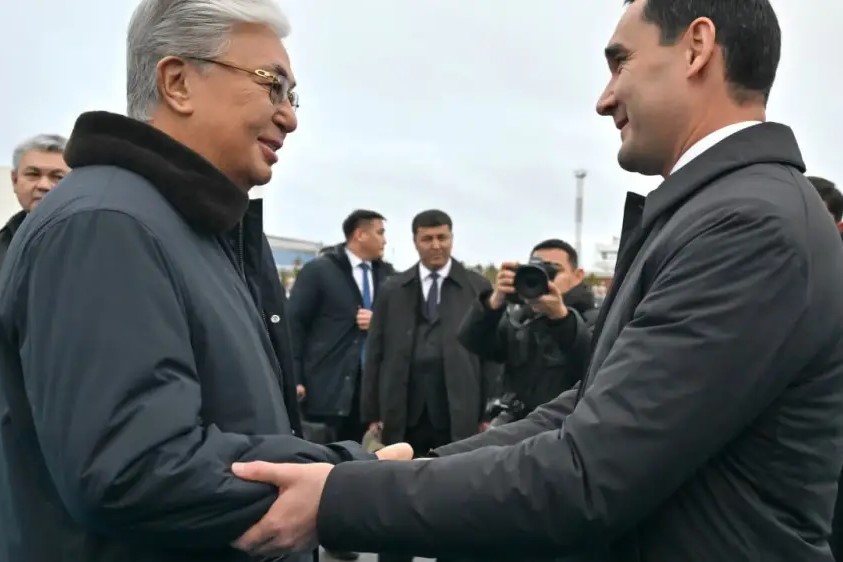
The final week of November 2025 was defined by the transition into "winter diplomacy," where the region's energy interdependencies were formally codified to prevent a repeat of previous blackouts. A landmark trilateral energy protocol between Kazakhstan, Uzbekistan, and Kyrgyzstan served as the week's strategic anchor, trading electricity for water security in 2026. This period also saw Kazakhstan take a global lead in digital ethics with the signing of the first comprehensive Law on Artificial Intelligence in the region. Politically, the week was bookended by high-level state visits and the conclusion of Kyrgyzstan's parliamentary elections, signaling a push for institutional stability before the year-end holidays.
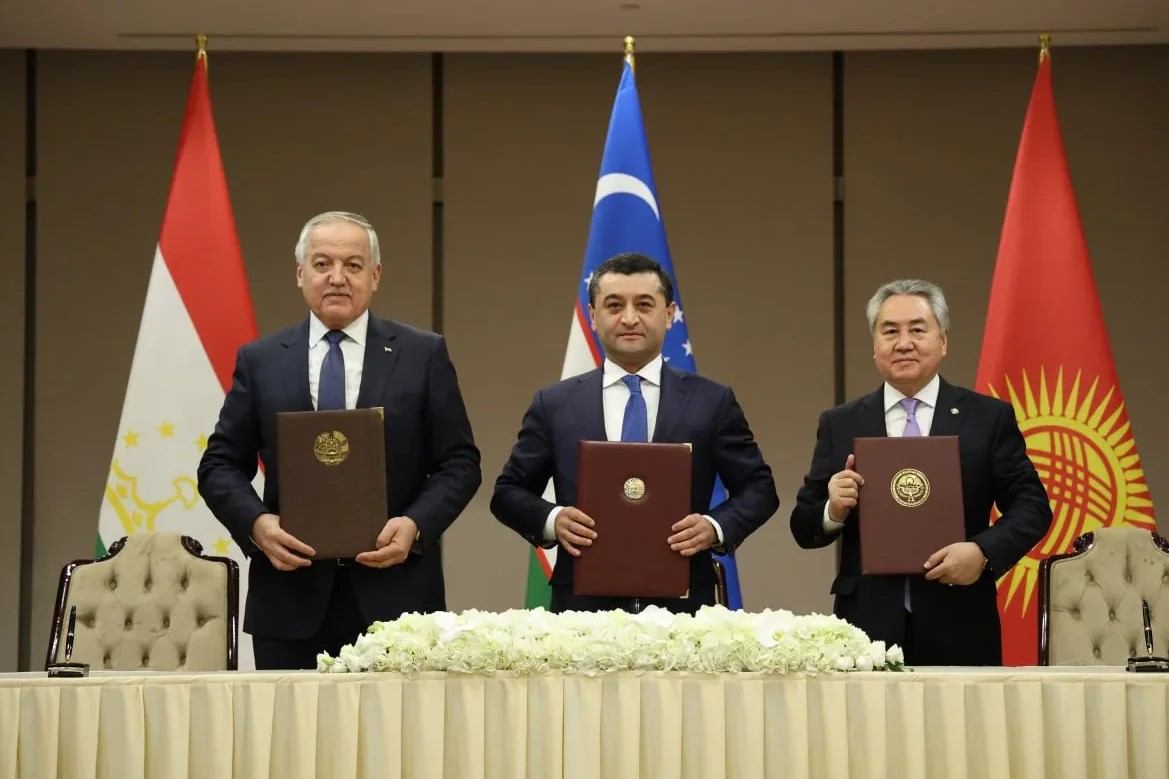
The third week of November 2025 was defined by a transition from high-level geopolitical posturing to the practicalities of regional survival. The defining event was the Almaty Energy Summit, where Kazakhstan, Uzbekistan, and Kyrgyzstan moved beyond years of seasonal disputes to sign a legally binding "Electricity-for-Water" protocol. This agreement serves as the region's primary defense against a projected 2026 drought. Simultaneously, the legal map of the region was permanently altered as Kyrgyzstan, Tajikistan, and Uzbekistan finalized the ratification of their trilateral border junction, effectively closing a 30-year chapter of territorial ambiguity in the Fergana Valley. While state-level cooperation reached a zenith, the economic data from the ground suggested a cooling period, with Kazakhstan’s business sentiment dipping as enterprises braced for the 2026 fiscal cycle.
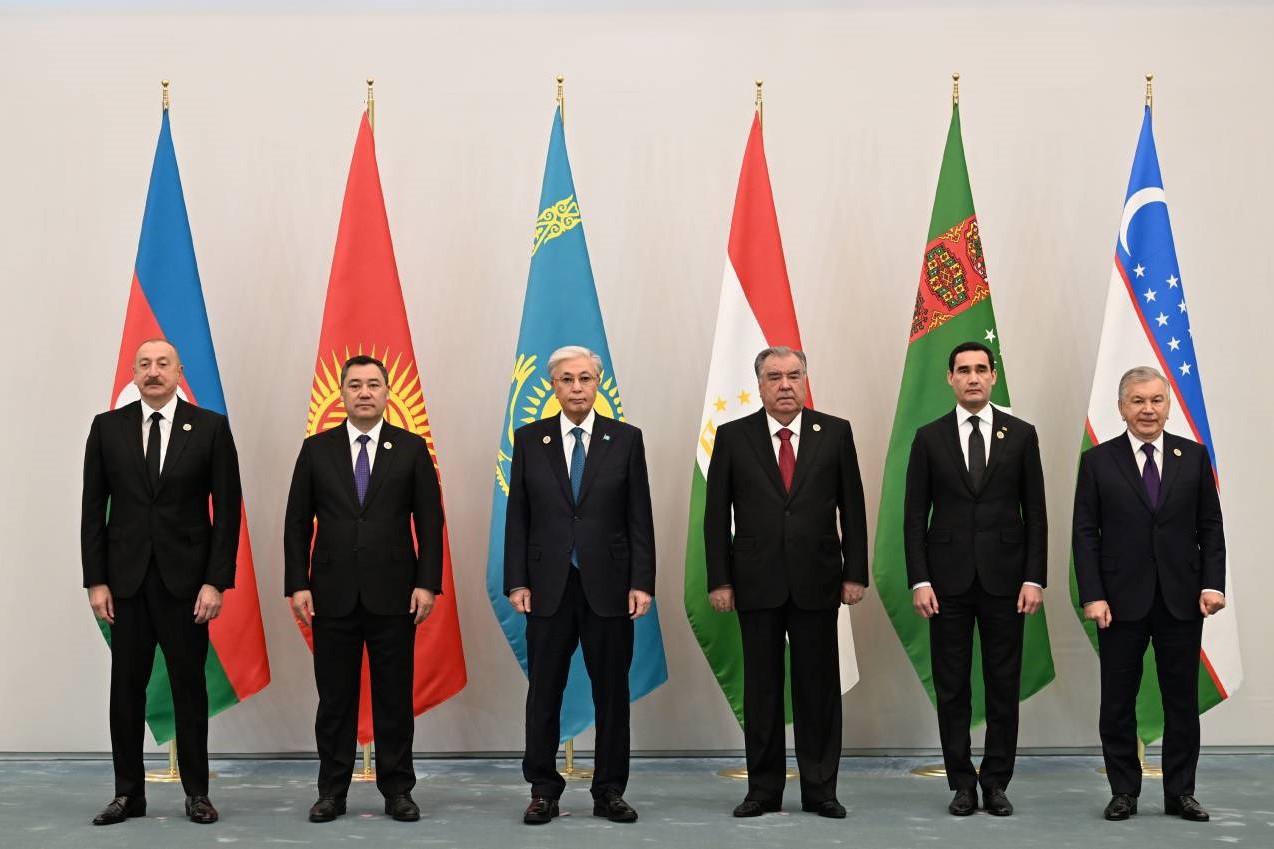
The second week of November 2025 was a high-water mark for Central Asian diplomacy, characterized by the 7th Consultative Meeting of Heads of State in Tashkent. This summit effectively reshaped the regional map, both legally—through the ratification of the trilateral "Border Junction Point"—and geopolitically, by welcoming Azerbaijan as a full-fledged participant in the consultative process. While leaders celebrated a "unified space of cooperation," technical bodies in Ashgabat were locked in difficult negotiations over 2026 water quotas. The week concluded with a stark realization of the fiscal trade-offs ahead, as Kazakhstan’s government signaled aggressive cuts to social spending to stabilize the 2026 budget.
